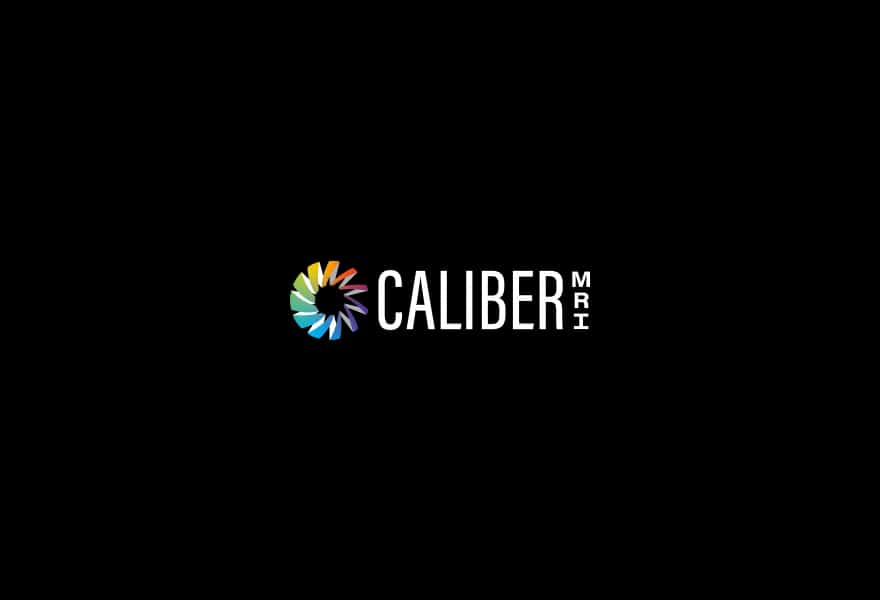Heading to RSNA? We’ll be exhibiting at Booth 7610 (North Hall Level 3) and would love to discuss QA/QC, AI/ML/DL testing and validation, R&D, and/or custom solutions. Our cloud-based software, qCal-MR, now supports more than 45 scanner makes and models on Canon, GEHC, Hyperfine, Philips, Siemens, and United Imaging Scanners. We’ll be showcasing our new products, and are available to discuss collaborations. Reach out if you’d like to set up a meeting.
Upcoming User Group Sessions are listed below. Please email us at info[at]qmri.com if you’d like to join a session. Send us ideas for future sessions.
News and Updates:
We’re treating this like a news board, so if you have news you’d like us to add for future outreach, just let us know!
QMIC: In case you haven’t seen the news, The Quantitative Medical Imaging Coalition (QMIC) is now up and running! Check out their mission and work. Recent QMIC News on LinkedIn! Thanks to Co-Presidents Dr. Caroline Chung and Dr. Gudrun Zahlmann for leading this effort.
New September/October 2025 Articles: (reach out to authors):
- Simultaneous T1, T2, T2*, and PDFF Estimation Using Magnetic Resonance Fingerprinting on a 1.5T MR-Linac for Head and Neck Cancer Patients
- 148 – REPRODUCIBILITY OF APPARENT DIFFUSION COEFFICIENT ASSESSED ON A 1.5 T MR-LINAC AND A 3T SIEMENS MRI SCANNER FOR PROSTATE PATIENTS
- Assessing the Impact of Imaging Parameters on MRI Measurement of Kidney T2
- Repeatability and reproducibility of rapid T1 mapping of brain tissues at 64 mT: A multicentre study
Missed an article? Take a look at our Resource Library (>230 Articles and counting!) – Use the search function to narrow the field (e.g. more than 99 articles with “Diffusion” in the title).
Upcoming User Group Sessions: (to sign up, please email us and we’ll send login details). Please feel free to send questions ahead of time.
November 18th, 9:00 a.m. MDT.
Topic: Traumatic Brain Injury, the TRACK-TBI Study, Data, and Quantitative Imaging
Guest Speaker: Dr. Pratik Mukherjee MD, PhD, UCSF
Dr. Mukherjee is a Professor in Residence in the Department Radiology and Biomedical Imaging, Bioengineering, and he is an attending neuroradiologist at the University of California, San Francisco. He is the Director of the Center for Imaging of Neurodegenerative Disease (CIND) based at the San Francisco VA Medical Center. He also directs the Neural Connectivity Laboratory (NCL) at UCSF China Basin.
Dr. Mukherjee’s primary clinical research is the study of neurodevelopmental disorders and traumatic brain injury (TBI) using advanced neuroimaging and artificial intelligence/machine learning (AI/ML) technology. His research has been focused on technical development, neuroscience and clinical applications of advanced imaging methods for mapping structure and function of the human brain, especially diffusion MRI, which is a popular technique for assessing the development and integrity of white matter and for mapping axonal fiber pathways.
Scope: Dr. Mukherjee will discuss his work on traumatic brain injury with the TRACK-TBI trial and on advanced neuroimaging and artificial intelligence/machine learning (AI/ML) technology.
Topic: The variability of mean ADC measurements with simultaneous multi-slice imaging in a NIST/QIBA diffusion phantom
Guest Speakers: Dr. Ryckie Wade, PhD, and Matthew Marzetti, MsC, University of Leeds, United Kingdom
Dr. Ryckie Wade is the NIHR Academic Clinical Lecturer in Plastic & Reconstructive Surgery at the University of Leeds and Leeds Teaching Hospitals. His group focuses on the development of quantitative imaging for the management of major nerve injury and compression.
Matthew Marzetti is a clinical MRI physicist at the Leeds Teaching Hospitals NHS Trust, where he oversees MRI safety, clinical protocol development and provides research support. In April 2023 Matthew began an NIHR Doctoral Clinical and Practitioner Academic Fellowship investigating whether quantitative MRI and artificial intelligence can improve soft tissue tumour diagnosis.
Scope: Long scan times limit patient throughput and can lead to motion that can have adverse effects on quantitative MRI measurements. Acceleration technologies can help reduce scan times, although often with trade-offs in image quality. In this study we evaluated the impact of simultaneous multi-slice (SMS) imaging on the accuracy and reproducibility of ADC measurements using the CaliberMRI diffusion phantom, which has full traceability through the National Institute of Standards and Technology (NIST). In this multi-vendor study we used the DWI sequence specified by the phantom manufacturer and applied SMS with different SMSD factors. Our results show that while ADC measurements remain accurate and reproducible at low SMS factors (SMS = 2), higher SMS factors lead to decreased accuracy and reproducibility. This suggests that using an SMS factor of 2 can accelerate MRI DWI acquisitions without introducing ADC bias, improving patient experience and throughput while reducing motion artifacts. However, higher SMS factors may be unreliable, particularly in regions with high diffusivity.
January 13th, 2026, 9:00 a.m. MDT
Topic: Assessment of quantitative diffusion MRI using NIST/UCSF/CaliberMRI Breast Phantom in the I-SPY 2 Clinical Trial
Guest Speaker: Lisa Wilmes, PhD, UCSF Radiology Specialist
Dr. Wilmes is a Radiology Specialist at UCSF focused on breast cancer research and quantitative Imaging. Her work has focused on diffusion imaging, reproducibility, and neoadjuvant therapy Dr. Wilmes has extensive research experience developing and optimizing DWI and dynamic contrast enhanced (DCE)-MRI protocols for preclinical and clinical imaging studies of tumor response at 1.5T, and 3.0T as well as preclinical studies at 7.0T.
Scope: Dr. Wilmes will discuss work on the I-SPY 2 clinical trials, work with the NIST/UCSF/CaliberMRI Breast Phantom and diffusion. The talk with focus on repeatability and standardization/harmonization across sites and over time.

